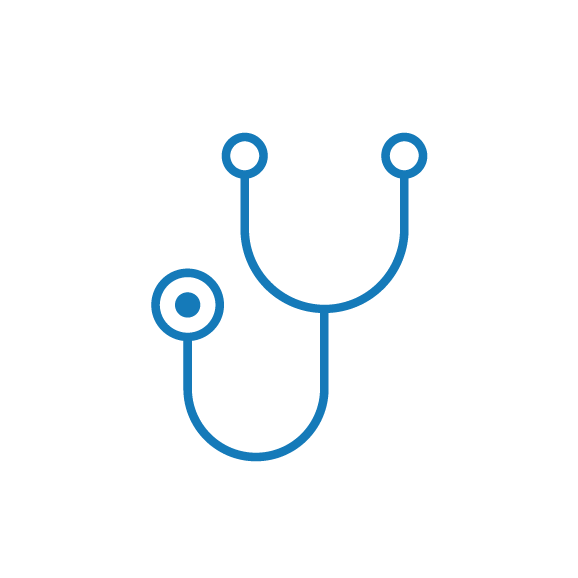VHAN Pharmacy Team Coordinates Outreach Efforts to Increase Medication Adherence
In recent years the VHAN Population Health Pharmacy Team has made it a priority to help patients, particularly ones with chronic illnesses, improve compliance to their prescriptions. This focus on medication adherence not only helps patients better manage their chronic diseases, but it also helps maintain consistent medical care during transitions and even reduce drug costs. It’s all part of the team’s efforts to produce better patient outcomes.
“Since 2019, our team has doubled in size and taken on a greater scope of work,” says Erin Neal, Director, Population Health Pharmacy Services at Vanderbilt Health. “One of our priorities is to support our value-based contracts and meet key quality metrics, such as increasing medication adherence for patients with hypertension, cholesterol and diabetes. Medication adherence is a big driver of whether a patient with chronic conditions is going to have a good or a bad outcome.”
A Coordinated Outreach Effort
To align with these key quality metrics recognized by the Centers for Medicare and Medicaid Services, in 2022, the Population Health Pharmacy Team renewed their work on an outreach program to increase medication adherence among patients in high-risk populations.
World Health Organization data suggests that even though medication adherence has a direct effect on patient outcomes, an estimated 50% of Americans don’t take their long-term prescriptions as prescribed. Medication adherence is a complicated, unpredictable problem with several contributing factors ranging from transportation barriers to high drug costs to low patient health literacy and more. The good news is, pharmacy-driven interventions such as personal outreach can help patients overcome these barriers, improving their medication adherence and, in turn, their overall health.
“Our goal is to reach out to patients who were previously non-adherent,” says VHAN Clinical Pharmacist Jacqueline Bradley. “We identify barriers they have to filling their prescriptions, see if their dose has changed and look for other reasons why they are not following their medication schedule.”
The team recently collaborated with Belmont University College of Pharmacy in Nashville on phone outreach to a group of high-risk patients. Belmont Assistant Professor of Pharmacy Practice Jarod Parrish recruited his pharmacy students for the campaign. In 2022, they reached out to 209 unique patients at risk for nonadherence, resulting 561 interventions.
“It’s amazing to see the look on these students’ faces when they have that first positive intervention,” Parrish says. “We teach our students to recognize ways to improve the patient’s quality of life, which includes not just their medications, but their lifestyle, eating habits, ability to access transportation and other health-related social needs. Focusing on these needs enables us to step in and mediate any issues between doctor’s visits.”
The opportunity to gain a deeper perspective of patients’ health challenges and encourage them to take their medications were just a few of the benefits of this one-on-one outreach. One call took an unexpected turn when the student caller realized that a patient with diabetes couldn’t afford insulin because of her limited income.
“We were able to connect the patient to an income-based program that helped her get the insulin she needed,” says Vanderbilt Population Health Clinical Pharmacist Danya Wilson, PharmD. “It’s an example where we reached out to the patient for a seemingly unrelated reason, and we were also able to help with her chronic disease and overall health. That has always stuck with me.”




